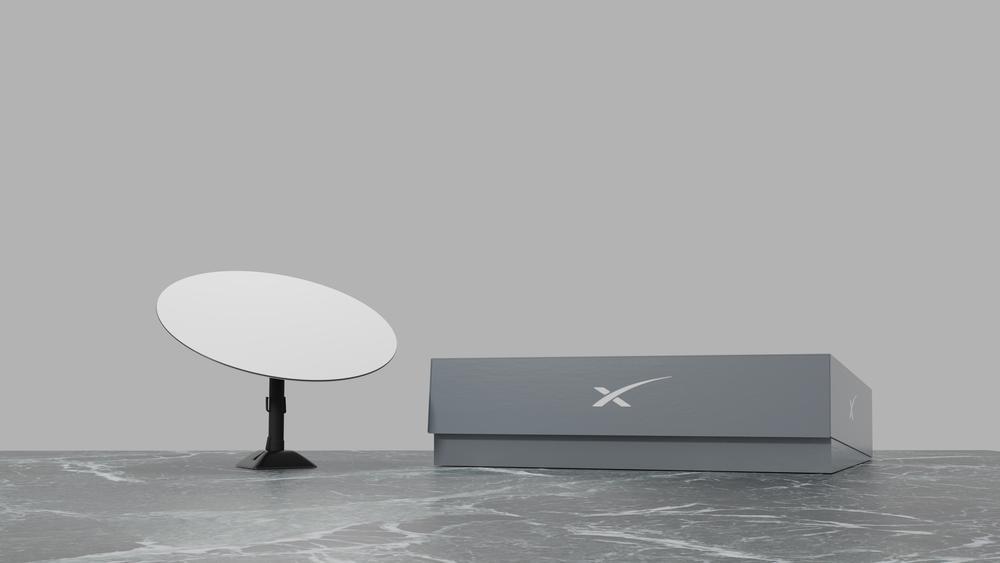We have written about Starlink, Elon Musk’s satellite internet provider. The service is still relatively new but they are already making strides that have us wagging our tails in these parts of the world.
Starlink’s next generation satellites are, to quote the man, “almost an order of magnitude more capable than Starlink 1.” Musk did not reveal whether those improvements are to bandwidth or throughput. Some experts suspect the new satellites could lead to 5-10 times more throughput.
Whatever the case, we are looking at significantly better performance. All the while from more sustainable/profitable satellites.
The new V2.0 satellites are much bigger and heavier, around 1250kg vs 260 and 310kgs for V1 and V1.5 satellites. You will have noted that we are talking about a 3x increase in size but a 5-10 times increase in throughput.
The V1.0 satellites are believed to have a total of 18Gbps in bandwidth. The V2.0 satellites could add around 140-160Gbps. That is a massive improvement.
Starlink to mobile
You will remember that Starlink is a lot like the VSAT you are used to. You need a satellite dish and a router to enjoy the service.
Even that is set to change. Starlink partnered with T-Mobile in the US to create a new service that connects mobile phones with Starlink satellites. The US is vast and there are a lot of dead zones that mobile network operators like T Mobile won’t service because it doesn’t make commercial sense to do so.
By leveraging Starlink’s satellite service which now covers the whole earth, including Antarctica, internet service will be brought to those remote places. It will use a mid-band spectrum from T Mobile and users will be able to get service ‘wherever they can see the sky.’
This kind of dampens the excitement around Apple announcing that the iPhone 14 will communicate directly with satellites. Starlink is bringing that to all phones all over the world.
The service is called Starlink V2 and it work best for voice calls and text messaging according to Musk. He says connectivity will be 2 to 4 Mbps per cell zone.
That’s not high bandwidth but for users in Zimbabwe who sometimes get speeds in kilobits per second, this would still be a huge deal even for more demanding internet use cases.
Starlink V2 will launch next year in the US but Musk plans to bring the service to the whole globe. That will be no small ask as this will require partnerships with different MNOs across the world. I think it will be a while before we see it over here though or will it?
Starlink going to Zambia
The Zambian president met with the Starlink team with a view to bringing the service to Zambia. Apparently the talks went well and it looks like Starlink is bound for our landlocked northern neighbour’s shores.
Musk tweeted, “Looking forward to bringing Starlink service to the people of Zambia,” in response to a tweet by an advisor to the Zambian president announcing the fruitful talks.
That means we are now sandwiched between countries that have or will have Starlink soon in South Africa and Zambia. Clearly, our location on the world map will not count against us. Will the other stuff that scares other foreign investors work against us? I hope not.
Also read:
Zimbos can pre-order Elon Musk’s Starlink but it has to register with POTRAZ first
Starlink is hitting Mozambique & Nigeria this year. How long till we get a crack at it in Zimbabwe?
Ukraine got Starlink satellite internet. Can the Russians attack it?

What’s your take?